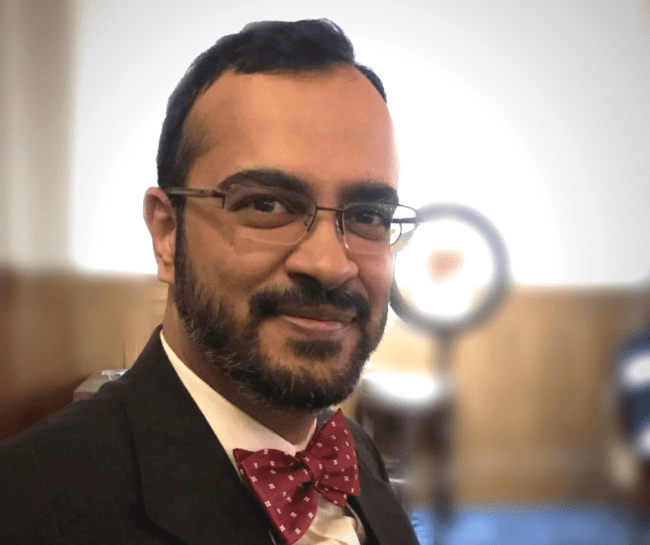
“Code on Point” at Success Centers
In this week’s blog, our outgoing VISTA Community Liaison, Sudeepto Chakraborty, recounts his experience of working with the Success Centers SF, a leader throughout the San Francisco Bay Area for education, employment and art programs. With his research and development hat on, Sudeepto speaks to the challenges of working with the Education, Employment & Training Center (EETC) to deliver his final project—the Code on Point curriculum.
Code on Point (CoP) is a program offered at Success Centers to transition-aged youth (16﹣24 years), giving them access to opportunities in the tech space. I was thrilled at the prospect of applying my training and expertise to a VISTA role. After doing some research on the Center’s learning management system (LMS), I anticlimactically concluded that I would be re-inventing the wheel. Thus I decided to go with Canvas, a well-established LMS in academia, also used at the University of San Francisco (USF) where I am the VISTA Community Liaison.
Having finished scrubbing and updating the assets-mapping data, my supervisor, then Assistant Director in the McCarthy Center’s Engage San Francisco program, Nolizwe Nondabula and I reached out to Education Technology Services at USF seeking guidance on visualization tools for assets-mapping data and on Canvas tech/admin support for Code on Point.
CoP had a partial syllabus, had next to no course material, no structure, and no permanent classroom. Under my direction, we started to have meetings, brainstorming sessions, task assignments, deadlines, and demos. We began creating a curriculum matrix, outlines of topics, daily outlines, list of equipment, 3D models of motherboards, and even the dreaded lecture slides. Eventually, out of the nebula, emerged class structure and three distinct modules: the IT, Design, and Web Development (Web Dev) modules which gradually made their way into Canvas. I created a CoP folder and began to fill it up with course materials, meeting minutes, project and workflow management documents, and other fruits of CoP teamwork.
Talks with USF about CoP began to gather momentum. Then COVID-19 struck, and the stay-at-home orders were issued, but CoP adjusted and transformed into a synchronous online course with live video lectures. This was made possible thanks to an Instructure-Microsoft collaboration that integrated teams within Canvas. Eventually the time came for CoP to roll out, and Success Centers welcomed its current cohort and the program was launched.
Now my service term is nearing its end. CoP is in its 9th week, the students have taken the CompTIA ITF+ certification exam, the Design module is almost through, and the Web Dev module is about to commence. I am gradually relinquishing all responsibility to the CoP team. My teammate,Joaquin is replacing me as the instructional designer, and under his able leadership the team is gliding towards the finish line. Insanely enough, we are also interviewing candidates for the full-stack instructor position for the Web Dev module, with colleagues, Rey and Dawood leading the search effort and I have just received word that preparations are underway to onboard the new full-stack instructor. CoP in its current incarnation is a testament to this team’s adaptive and creative willpower. Phase 1 of CoP is nearing completion, phase 2 (project based learning) and phase 3 (subsidized employment) are still in the making. CoP and the team will continue to thrive in my absence.
